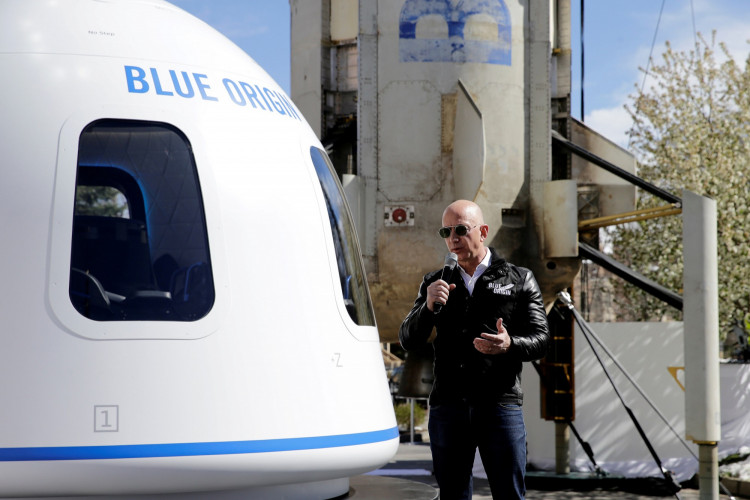Blue Origin is planning to build a mixed-use commercial space station before the end of the decade. The company, owned by Amazon founder Jeff Bezos, will slowly be building the station in space, which will be able to cater to both business and personal use.
The space station, which will be called the "Orbital Reef," can be used for zero gravity film-making, cutting-edge microgravity research, and for leisure. Promotional material released by Blue Origin showed that the space station can be occupied by up to 10 people.
Blue Origin will be partnering with Sierra Space and Boeing for the ambitious project. The space station will have around 32,000 square feet of space, giving customers ample space for whatever purpose.
Both Blue Origin and Sierra Space declined to comment on how much the project would cost. However, analysts said Bezos will likely be footing much of the bill based on his previous commitment to spend more than $1 billion per year on Blue Origin.
The space company recently conducted its first-ever crewed mission of its New Shepard rocket, which saw Bezos blasted into space. It then performed another launch with "Star Trek" actor William Shatner being part of the crew. The actor became the oldest person ever to travel to space.
The @OrbitalReef commercial space station will be in operation before the retirement of @Space_Station to meet @NASA's goal of maintaining continuous human presence in low Earth orbit. #IAC2021
Learn more: https://t.co/h5CisLxmUl pic.twitter.com/AT3CSDEWYW — Boeing Space (@BoeingSpace) October 25, 2021
Last month, the company missed out on a lucrative $2.9 billion NASA contract, which was awarded to SpaceX, a space company owned by fellow billionaire, Elon Musk.
NASA recently announced that it plans to replace the 20-year-old International Space Station (ISS). The station is guaranteed funding until 2030 but it is in dire need of repairs. The ISS was launched in Nov. 1998 and can accommodate a crew of seven people. More than 244 astronauts, cosmonauts, and space tourists from 19 nations have visited the station.
Russian officials previously announced that they may be pulling their cosmonauts from the ISS due to its poor condition. Officials said that the outdated equipment and technology on the space station could trigger a major accident.
Earlier in the year, NASA announced plans to conduct repair operations for the ISS. The agency plans to award up to $400 million in private contracts to companies that can help it repair or replace components on the ISS.






